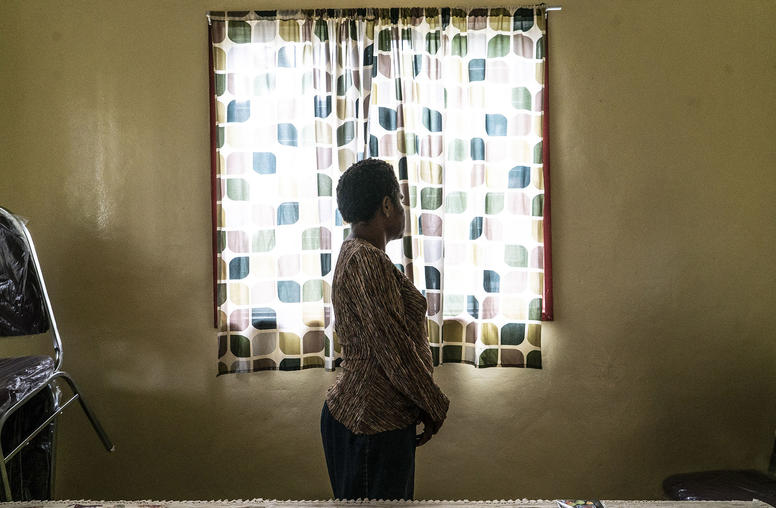#HerPotentialOurFuture: Gender Equality, Fragility and Conflict Affected States
A Conversation with U.K. Secretary of State for International Development and Minister for Women and Equalities Penny Mordaunt
Read the event coverageRecent decades have seen huge gains in progress on empowering women and girls but we are still far from achieving gender equality. And nowhere is this more true than in fragile and conflict affected states, where often it is the women and girls who face the greatest challenges. Guests joined U.K. Secretary of State, Penny Mordaunt, to hear her views on empowering women and girls, recognizing that it is only by unlocking women’s potential that we will build a safer, more peaceful and more prosperous world for us all, and achieve the ambitious agenda set out by the Global Goals.
To celebrate International Women’s Day, USIP was pleased to host U.K. Secretary of State for International Development and Minister for Women and Equalities, the Right Honorable Penny Mordaunt, to discuss gender equality and women’s rights. The United States and United Kingdom have long been champions of the need to empower women and girls, and it is critical that both countries continue to collaborate in promoting gender equality, especially in conflict-affected and fragile societies that are vulnerable to extremism.
This conversation came on the heels of the release of the final report of the Task Force on Extremism in Fragile States, and provided a look ahead to the 63rd Commission on the Status of Women. Secretary Mordaunt’s remarks were followed by a moderated conversation with USIP President Nancy Lindborg.
Speakers
Right Honorable Penny Mordaunt
U.K. Secretary of State for International Development and Minister for Women and Equalities
The Honorable Nancy Lindborg
President & CEO, U.S. Institute of Peace



